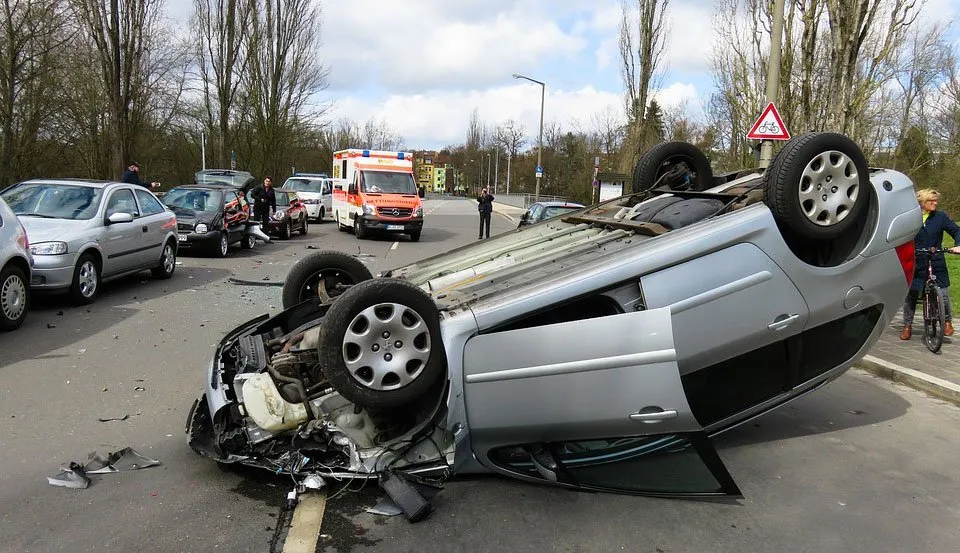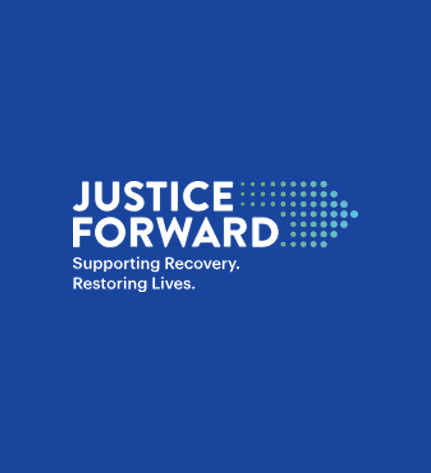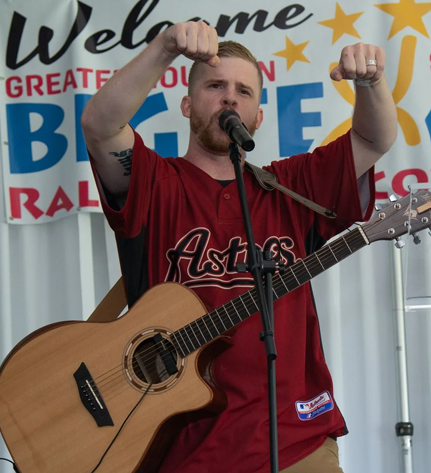Harris County has had a long-time problem with drunk driving. The SOBER Court, and the SOBER Court officers, are working to change that.
Harris County has had a long-time problem with drunk driving. There are many reasons for this, most of them pretty obvious. We do not have a reliable, user-friendly public transportation system. We are spread out over 1,777 square miles, and we are Texans, dammit. We drive. Literally everywhere. We love our cars and trucks. And we do NOT like to leave our car overnight in a parking lot, no matter how much we’ve had to drink.
Since 2010, the Houston area has averaged more than 5,000 crashes caused by impaired drivers annually, according to the Houston Chronicle. That’s roughly 14 a day, or more than one every other hour. Fatalities across the region remain above 300 each year. The problem is so significant that it warrants five Specialty Courts dedicated to reducing DWI recidivism. The SOBER Court program (Saving Ourselves By Education and Recovery) is a sentencing alternative to incarceration that focuses on addressing the root cause of the problem of abuse. Like other Specialty Court programs, the focus is on changing the behavior of high risk DWI offenders through treatment combined with close judicial supervision and enforced accountability. The success of the program is due in large part to the people who work in the court with the clients. The judges who preside over the five different dockets are volunteering to do so. They take on the duties of a SOBER Court judge in addition to their duties as elected County Criminal Court at Law judges. The rest of the court team is comprised of a prosecutor, defense attorney, probation officer and treatment provider. These special people are dedicated to the recovery and long-term success of each and every client. This team approach is a feature shared by all 18 of Harris County’s Specialty Courts. That enforced accountability I mentioned earlier? Alcohol monitoring equipment plays a large role in that, but the real element making a difference here are the deputies assigned to the Harris County Sheriff’s Office SOBER Court unit. They are the folks who make home visits to check if there’s any alcohol on the premises. But more than that, they see how the clients are actually living. They observe their familial relationships. And they also form supportive relationships with the clients. These deputies are often the first ones thanked by grateful clients at graduation. We were so impressed with the compassion of these deputies, that we made a video about what they do and who they are. You can watch it below.



